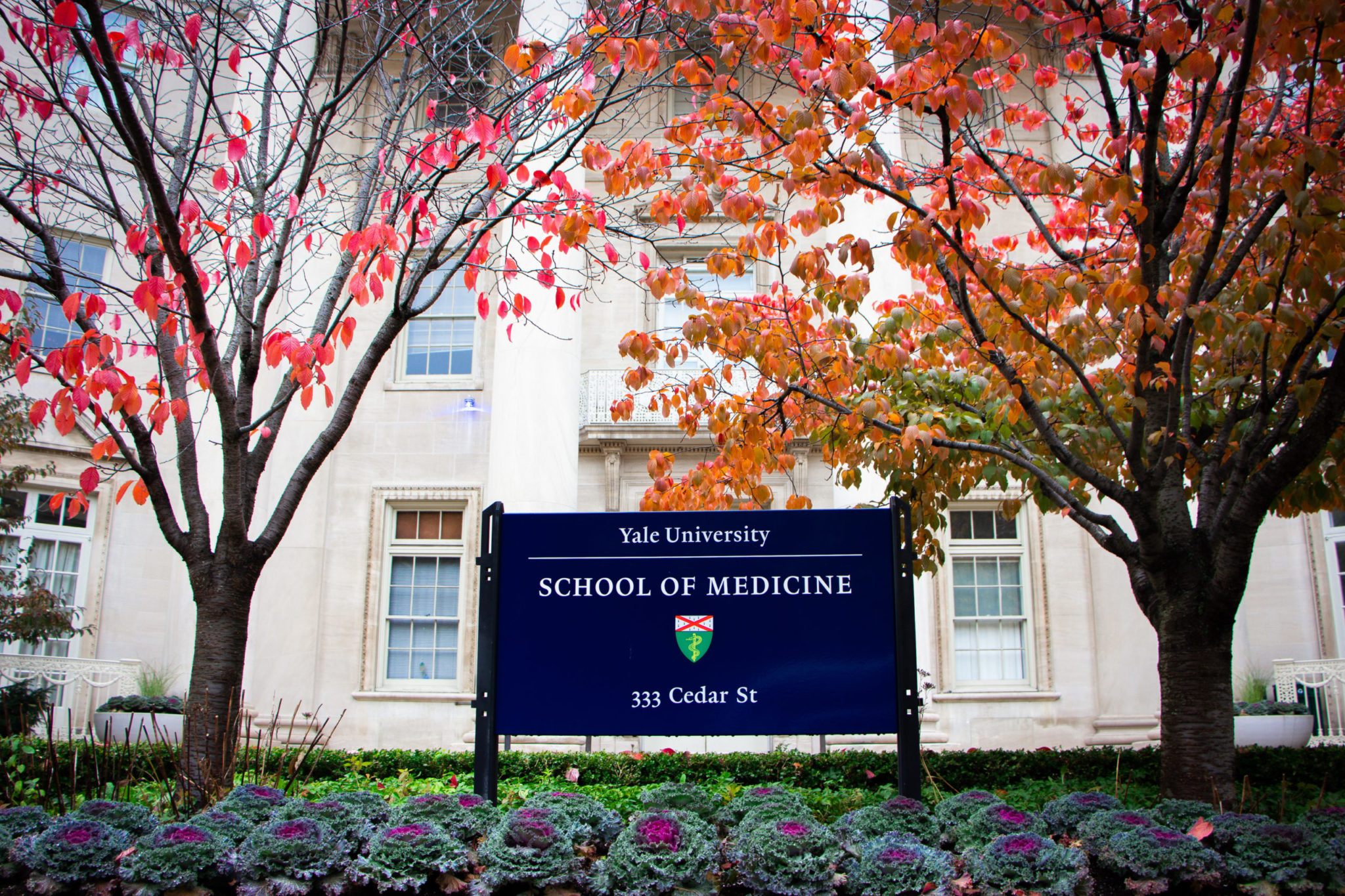Yale research links frailty and dementia to increased post-surgery mortality risk
Researchers from Yale School of Medicine discovered that mortality after major surgery is significantly higher among older US adults with frailty or dementia.

Yale Daily News
Senior Americans experiencing frailty or dementia may have an increased risk of post-surgery mortality, a recent Yale study found. These results may impact how health care providers and policymakers approach major surgery for certain demographics.
The study, published on Oct. 19 in JAMA Surgery, was a collaboration between Yale School of Medicine’s Internal Medicine and Surgery departments. It was conducted at the Yale Claude D. Pepper Older Americans Independence Center, or OAIC, and was supported in part by a National Institutes of Health grant from the National Institute on Minority Health and Health Disparities.
“Surgery in older persons is becoming more common, and we know relatively little about the mortality after surgery in this growing population for a broad array of major surgeries,” said Thomas M. Gill, lead author and Humana Foundation Professor of geriatric medicine.
Gill was joined on the project by Robert D. Becher, senior author and assistant professor of surgery, as well as co-authors Brent Vander Wyk, a biostatistician in the Yale OAIC Biostatistics Core, Linda Leo-Summers, systems programmer in internal medicine geriatrics, and Terrence E. Murphy, associate professor adjunct.
Gill revealed that his team has been working with the National Health and Aging Trends Study, whose population is Medicare beneficiaries aged 65 years or older, and the Centers for Medicare & Medicaid Services, or CMS, files for several years in order to develop research methods and procedures that would permit identifying cases of major surgery.
He added that the patients got a comprehensive evaluation every year, dating back to 2011, which allowed the researchers to access an annual comprehensive assessment which measures geriatric conditions, such as frailty and dementia. Hence the primary motivation for their work was to gain a better understanding of how mortality differs within subgroups, defined on the basis of frailty and dementia.
“We had access to a wonderful data source called the National Health and Aging Trends Study, or NHATS, which is a nationally representative population in the continental US, and we were able to link those data to the CMS to identify major surgeries and then to identify deaths in the subsequent year,” Gill said. “And this has not been done before.”
Becher explained that the study defined major surgery as “any procedure in an operating room requiring the use of general anesthesia for a non-percutaneous non-endoscopic invasive operation,” clarifying that this comprises “a heterogenous group of operations that spans the spectrum of surgical disciplines, from abdominal surgery to cardiac surgery to neurosurgery and everything in between.”
He emphasized that the study included elective and nonelective operations. The study had a cohort of 1193 major surgeries identified from 992 community-living participants.
The study found that on average, about one out of seven patients passed away within the course of the year after their surgery. Additionally, more than one in four who were frail and nearly one in three who had probable dementia died in the year after major surgery.
According to Becher, the magnitude of the effects of indicators of geriatric vulnerability such as frailty and dementia was much larger than the team had anticipated.
“This has never been shown before in a nationally-representative study investigating the entire spectrum of geriatric surgery, meaning all disciplines of surgery,” Becher wrote.
Gill and Becher agreed that the study provides opportunities to improve care for older people who have major surgery.
“[These groups] should be assessed prior to their surgery for indicators of geriatric vulnerability,” Becher told the News. “Those who are vulnerable because of frailty and/or dementia warrant special attention both before and after their surgery to improve their long-term outcomes.”
Gill shared that the team is continuing to investigate whether mortality and other complications can be reduced post surgery by taking into account some of the other factors that potentially can be improved.
Given that surgery is becoming increasingly common among older populations, Gill believes that many older people will benefit from surgery. According to him, the goal is to provide them with care before and after the surgery.
Department Chair of Internal Medicine Gary Désir highlighted the researchers’ goals, explaining that understanding what the potential risks are increases the likelihood of mitigating them.
“The study enables us to predict risks that are for patients, and it’s important for people to know what the true risk is when they’re deciding,” Désir said. “The other thing is that understanding the risk allows us to do things to prevent complications either prior or after the surgery, so good education of patients and accurate estimation of risk is very important. And secondly, if you understand what the risks are, trying to do things to lessen them is also important.”
JAMA Surgery began publication in 1920.







